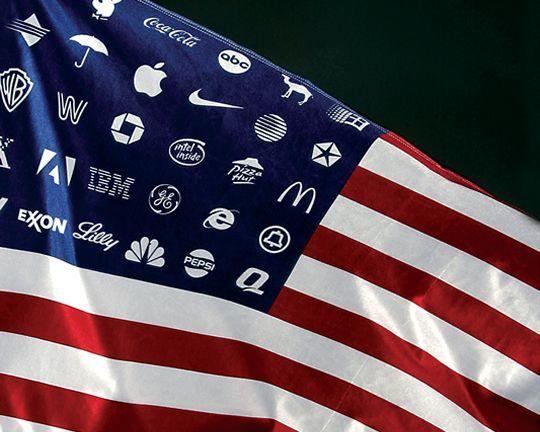Labor & Economy
Corporations Avoid Taxes With Inversion Scam

Some of us, who as kids read Edward Everett Hale’s short story, “The Man Without a Country,” might wonder if its cautionary lesson about the dangers of renouncing citizenship could be applied to American corporations. They, after all, have been declared “people” by the Supreme Court – and so if companies, like the Army officer in Hale’s story, turn their backs on their country, do they lose their right to ever set foot on its soil again?
The question begs an answer as the new corporate fad of “inversion” takes off. This is the practice of an American corporation purchasing a smaller foreign one that makes the same products in order to claim the national “citizenship” of the purchased company. By doing so, the U.S. company dodges a tax bill from Uncle Sam without its CEO having to learn a single word of the language of his or her company’s adopted country.
Consider the case of the drugstore chain Walgreens, which – I mean, who –is considering renouncing its status as a U.S.-based company, in order to move its official corporate address to Switzerland. According to a recent report released by Americans for Tax Fairness and Change to Win, the move could cost the U.S. $4 billion in lost tax revenue over five years.
“Walgreens,” says the tax group’s executive director Frank Clemente, “may decide to no longer be an American company simply so it can dodge paying its fair share of taxes. Many Americans will find it unfair and deeply unpatriotic if the company moves offshore, while continuing to make its money here, leaving the rest of us to pick up the tab for its tax avoidance.”
So far, no response from Walgreens to Clemente, but don’t hold your breath.
The same goes for the Chicago-headquartered Abbvie pharmaceutical company, which has announced it will purchase Shire, a U.K. drug manufacturer, for $54 billion in a deal aimed to slash the former’s American taxes by, essentially, declaring Abbvie to be a British citizen. It’s the largest inversion scheme so far.
Not to be left out, Pittsburg-based Mylan pharmaceuticals recently bought Abbott Laboratories in order to allow Mylan to move to the Netherlands – where it will, rest assured, pay far fewer corporate taxes to its new government. It’s not as though Mylan and others (which include Apple and Herbalife, both of which operate out of California) are paying crippling taxes here. As Michael Hiltzik has written in the Los Angeles Times, “Don’t be misled by claims that U.S. corporations pay the highest corporate taxes in the world. While the top U.S. corporate tax rate is 35 percent, few pay it.”
Frank Clemente calls this fancy bit of offshoring “deeply unpatriotic” and he may be onto something. President Obama has taken to denouncing “corporate deserters,” while Treasury Secretary Jack Lew has called for more “economic patriotism” from America’s CEOs. The sentiment seems to be resonating in Congress, where efforts are circulating to choke it off. Perhaps “corporate defectors” would be a more accurate term for these companies fleeing their birth country without truly leaving it. When we contrast the behavior of these corporate deserters with images of Central American children battling nearly unimaginable adversity to become U.S. citizens, we have to wonder who the real patriots are.

-

 Column - State of InequalityJanuary 22, 2026
Column - State of InequalityJanuary 22, 2026On Eve of Strike, Kaiser Nurses Sound Alarm on Patient Care
-

 Latest NewsJanuary 16, 2026
Latest NewsJanuary 16, 2026Homes That Survived the 2025 L.A. Fires Are Still Contaminated
-

 The SlickJanuary 20, 2026
The SlickJanuary 20, 2026The Rio Grande Was Once an Inviting River. It’s Now a Militarized Border.
-

 Latest NewsJanuary 21, 2026
Latest NewsJanuary 21, 2026Honduran Grandfather Who Died in ICE Custody Told Family He’d Felt Ill For Weeks
-

 The SlickJanuary 19, 2026
The SlickJanuary 19, 2026Seven Years on, New Mexico Still Hasn’t Codified Governor’s Climate Goals
-

 Latest NewsJanuary 22, 2026
Latest NewsJanuary 22, 2026‘A Fraudulent Scheme’: New Mexico Sues Texas Oil Companies for Walking Away From Their Leaking Wells
-

 The SlickJanuary 23, 2026
The SlickJanuary 23, 2026Yes, the Energy Transition Is Coming. But ‘Probably Not’ in Our Lifetime.
-

 The SlickJanuary 27, 2026
The SlickJanuary 27, 2026The One Big Beautiful Prediction: The Energy Transition Is Still Alive

